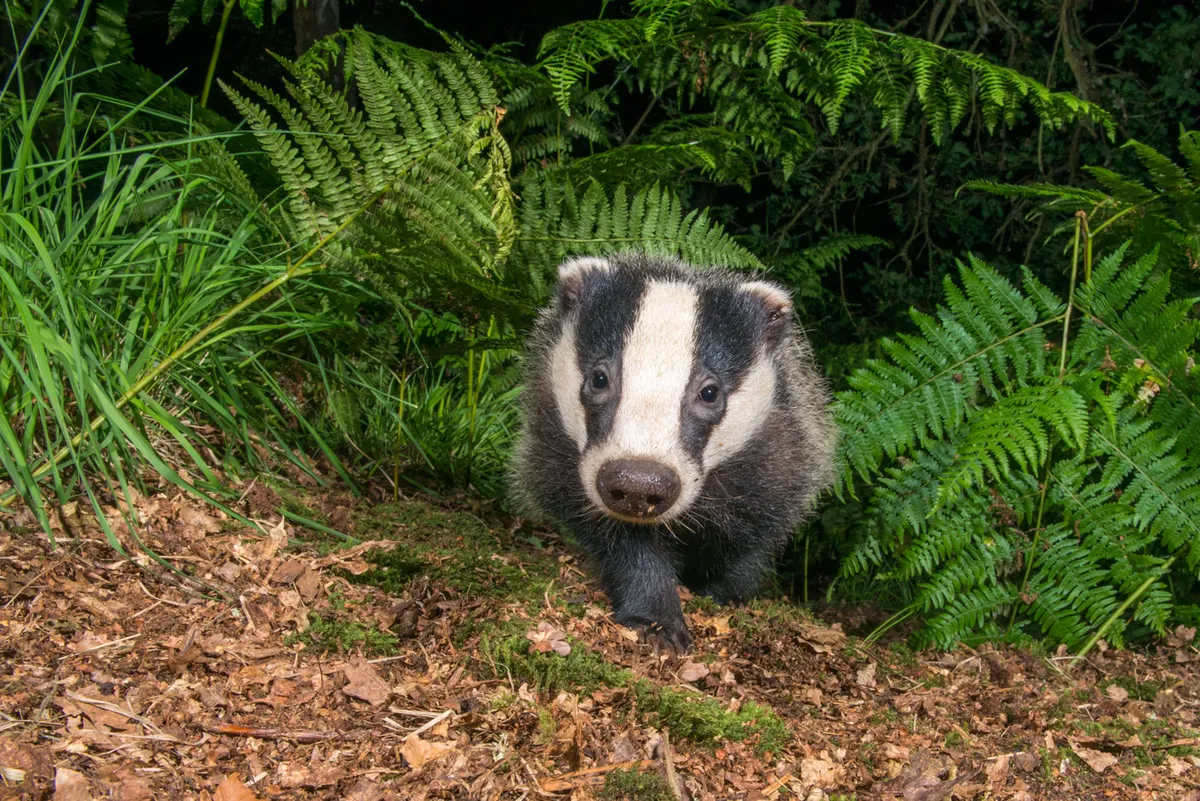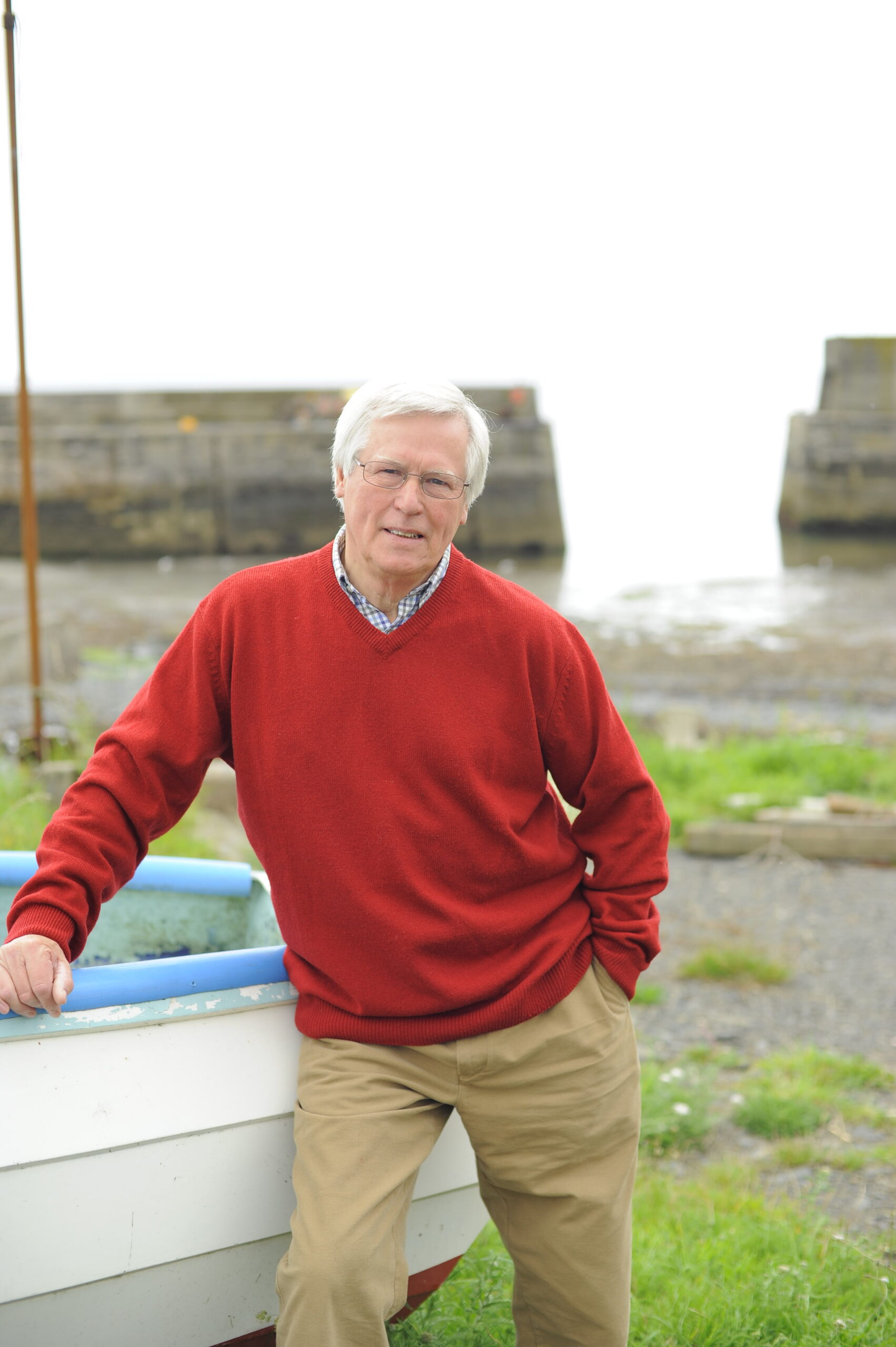In the autumn of 2007, I was invited to take part in an intriguing new project. Countryfile was popular viewing every Sunday and now was the time, I was told, for it to have a sibling in the form of a monthly magazine. Would I like to write a column? I jumped at the chance. After all, print journalism was where I began my career and even though I had totally embraced television, it is a somewhat ephemeral medium.
There is a certain satisfaction in knowing one’s written words might survive a little longer. And here I am, 200 editions later. They are all stored away at home, and some get to see the light of day when I need to refer to past events. Which is what I’m doing right now with issue number one, dated November 2007.

I remember some TV colleagues on Countryfile being rather wary about the birth of a magazine that bore the same name; could it truly reflect the values that our viewers had come to trust as we brought the countryside into their homes? No need to worry – it could.
Along with features covering everything from our natural heritage to haunted pubs, as well as stunning photographs, the magazine dealt with issues that remain relevant today: the future of farming, badger culls, marine protection and climate change. In my column, I wrote about the return of red kites – perhaps the most successful of wildlife reintroduction projects and something I have followed up several times since.
This first issue celebrated the 50th birthday of Radio 4’s Farming Today (still going strong) by asking leading figures to predict the industry’s future over the following 50 years. Government minister Lord Rooker talked about the drive for efficiency and diversification, top of the list for NFU President Peter Kendal was dealing with the hostile effects of climate change while producing more food, and conservationists urged more stewardship schemes and better protection for wildlife. All ongoing concerns today, though no one could, of course, have predicted Brexit and its impact.

The prospect of a badger cull was a hot topic for the magazine. Those in favour argued that badgers were spreading TB to cattle, at a cost of £31m to the rural economy. Opponents said there was no proof and an independent study concluded that a cull would make “no meaningful contribution” to the control of TB. Six years later, the Government came down in favour of a widespread cull, and since then, according to some estimates, more than 180,000 badgers have died. Last year’s cull was extended to 69 areas and the debate still rages. Another concern reported in the first issue was the delay in introducing a law to safeguard sea life, which finally happened when the first Marine Conservation Zone was set up around Lundy Island in the Bristol Channel in 2010. Now, nearly 40% of the seas around the UK are protected.
It has been fascinating leafing through those early pages. Now, after writing 200 columns and presenting well over 1,000 episodes of the TV programme, my belief in our countryside and its people is even stronger. Though endless challenges need to be met – many of them serious, stressful and ongoing – rural Britain will always have the support of the millions of us who live, work or simply wander amid its glorious presence.
